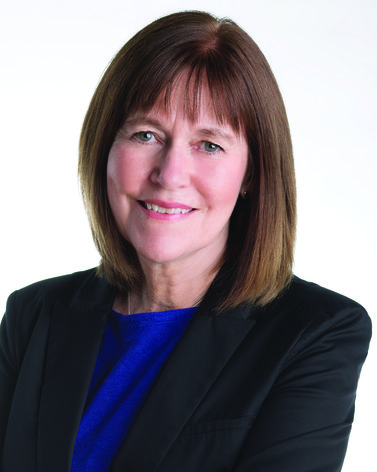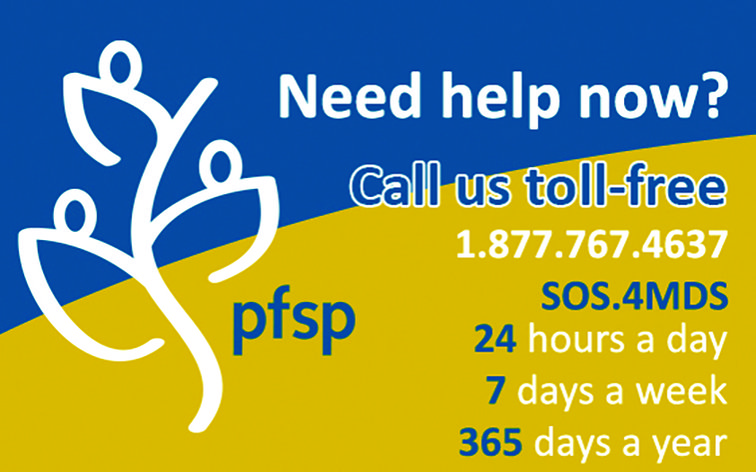Physician well-being has long been a priority for the AMA, and the organization’s Physician and Family Support Program (PFSP) is considered one of the best, if not the best, in the country. At its core is a 24-hour confidential assistance line for physicians, learners and their immediate families. It’s completely confidential and connects physicians with peer support and other help if needed.
Until recently, family and relationship issues have been the most common reason for calling the help line, and a large volume of calls is still dedicated to that topic. But in the past few years, calls about mental health issues, including stress and burnout, have increased in frequency and are now the number one reason people call the PFSP. Together, these two topics account for more than half of all calls.

“One of the things that makes PFSP unique among physician health programs is that when physicians call our line about burnout or any other issue, they get to speak with another physician in a confidential manner,” says Dr. Terrie Brandon, Clinical and Program Director for PFSP. “It’s another form of peer support that people have through PFSP. It’s that ability to talk to somebody who has been there, who lives the life of a physician, and can really understand the issue of burnout.”
While medicine has always been stressful, there are some relatively new stressors driving burnout in the medical workplace. For example, performance measurements, EMRs and increased documentation have all had the effect of adding to the workload and decreasing control of a physician’s work life.
What are the signs of burnout?
Burnout manifests itself in a very visible way. It has a negative impact on the physician, the health care system and patients. Dr. Brandon notes, “We know that physicians who have high levels of burnout self-report more medical errors, they have higher levels of patient complaints, and they’re more likely to leave the profession or cut back on their hours or move to an administrative role.”
Dr. Brandon explains the signs of burnout include exhaustion, lack of caring and feelings of uselessness. The consequences of leaving those feelings, unchecked, range from relationship problems and substance abuse to depression and suicide. Although she is not happy that so many physicians are feeling burned out, she is pleased that they are reaching out for help.
What can we do?
The Stanford School of Medicine developed a model of physician wellness. It identifies three domains that are necessary for professional fulfillment:
- Personal resilience
- A culture of wellness
- Efficiency of practice
Essentially, a healthy workplace requires a combination of personal and systemic resources. Physicians tend to be very resilient, which is what allows them to provide good patient care in the most difficult of situations. What we need to do is to provide a culture that supports wellness. This includes systems, processes, and practices that promote safety, quality, effectiveness, positive interactions and work-life balance.
Dr. Brandon sees it as a positive sign that there is an increase in the number of requests from physician leaders who want to learn about burnout and how they can change their environment to help prevent it.
“I encourage all physicians to work within their sphere of influence to promote efficient, fulfilling practice and contribute to a culture of wellness by modelling compassion to those around them,” says Dr. Brandon. “Improving the culture is the compassionate thing to do for our colleagues, the right thing to do for our patients and the smart thing to do for the health care system.”
Asking for help
PFSP is part of the benefits program for physicians, residents and medical students, and all are encouraged to reach out for help before a situation becomes a crisis. Even the most resilient physician needs support from time to time, and that’s why the PFSP is here.
The confidential phone line is open 24-hours-a-day, seven days a week. Call 1.877.SOS.4MDS (767.4637) to speak to a colleague who understands the issues and working conditions that impact physician health.
You can also access online resources at albertadoctors.org/services/pfsp.
Banner photo credit: sasint, Pixabay


